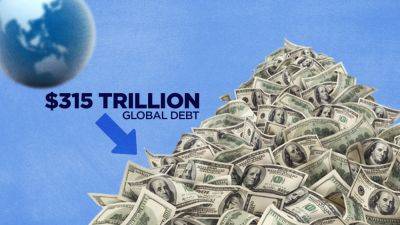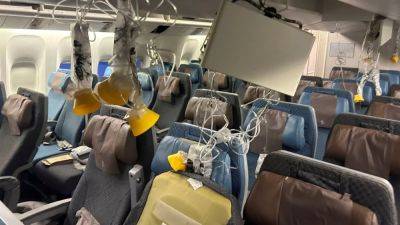Why the world needs a Bretton Woods 2.0
The Bretton Woods system turns 80 in July. Many agree that its moorings are buckling. Its institutions are increasingly unable to manage global economic crises as its founding powers adjust to the rise of China and India while the entanglements of interdependence multiply and geostrategic tensions thwart cooperation.
Throughout the decade before the meeting in New Hampshire, delegates had witnessed unfathomable tragedies, both human and economic. Wall Street had crashed. Fascism had risen as international cooperation collapsed. More people had died than in any other war before. These events made a compelling case for a radically different approach to peace and prosperity.
The prevailing view at Bretton Woods rejected the laissez-faire argument that free markets automatically provide full employment. It was believed that public institutions must intervene in difficult times. Delegates established two institutions to support an open global economy and institutionalise multilateral cooperation.
Rules and conventions would influence member-countries’ economic policies. As the world’s largest creditor nation, the United States insisted on a fixed but adjustable system anchored by the dollar pegged to gold.
The system of freely convertible currencies didn’t start until 1958. It collapsed in 1971 when then-US President Richard Nixon, confronting inflation, ended the convertibility of dollars into gold. Confidence in the US currency had waned as dollars piled up overseas amid the US’ soaring balance-of-payments deficit. Additionally, the dollar’s privileged role was no longer be accepted by countries such as France .
China’s delegation, the second largest after the US, supported both institutions. Soon after delegates completed their







